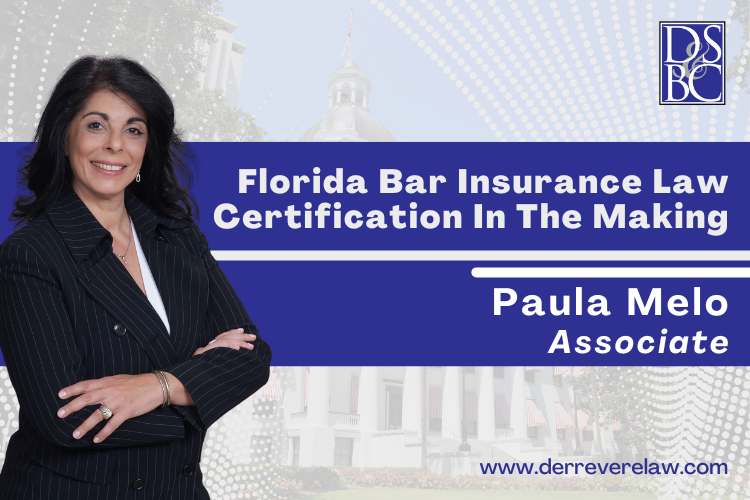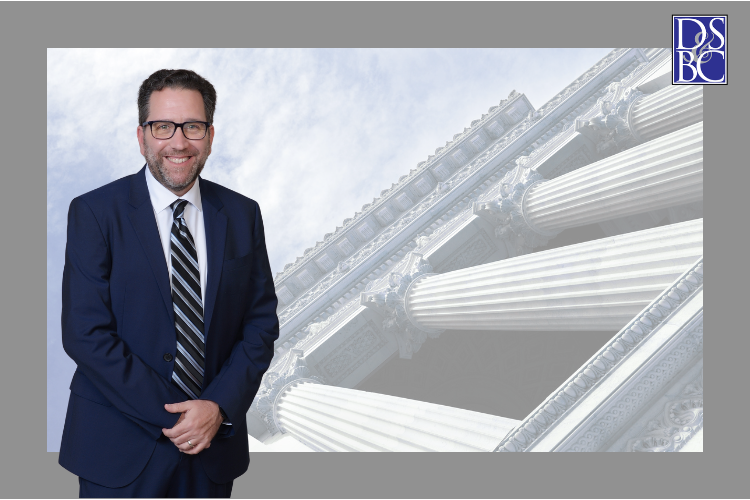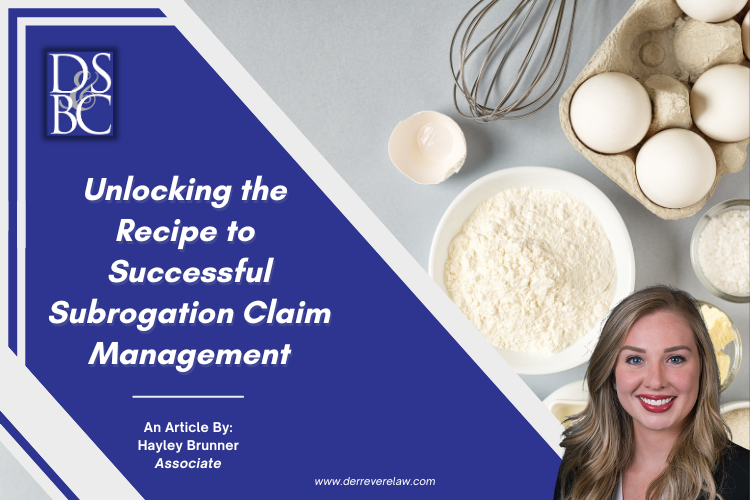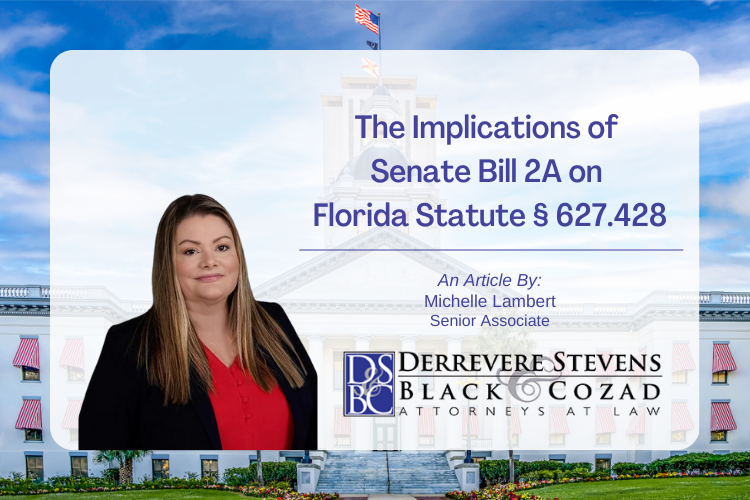Florida Bar Insurance Law Certification in The Making

It is no secret that the Florida insurance saga has produced a considerable number of lawsuits in the past few years. Official data shows that at the peak of the homeowners’ insurance crisis, Florida had 79% of the entire country’s total homeowner insurance lawsuits. As a result, Florida cultivated a large class of attorneys with a unique and vast expertise in insurance law. Nonetheless, none of those attorneys can apply to be “board certified” in insurance law because, surprisingly, the Florida Bar does not offer such certification as an option.
Established by the Florida Supreme Court in 1982 and administered by The Florida Bar, board certification is an independent process that evaluates an attorney’s level of excellence through character, professionalism, ethics, and credibility in the practice of law to determine if such attorney has achieved a heightened level of professional expertise in a particular legal field.
With the purpose of making the certification available to Florida insurance attorneys, the Insurance and Surety Committee of the Real Property, Probate & Trust Law Section recently filed an application with the Florida Bar to create the “insurance coverage law” certification. According to an article on The Florida Bar website, the proposal defines the expertise as “the practice of law that involves issues, disputes, and matters among or between insurers, policyholders, or third-party insurance policy beneficiaries concerning the rights, duties, responsibilities, and coverages that arise out of insurance policies.” Included subspecialties are first-party, third-party, bad faith/extra contractual claims, and state regulatory procedures and practices, which would be part of (not separate or in addition to) the “Insurance Coverage Law Board certification”.
The application reportedly follows an extensive survey conducted with every Bar committee that revealed strong support for the initiative, culminating with 258 insurance lawyers signing their support for the initiative. It is estimated that if approved, as many as 200 Florida attorneys could be board certified in insurance coverage law within the next few years.
Under the proposal, the process for the insurance law certification would evaluate skills such as “the areas of contract formation and cancellation, insurance policy construction, insurance policy interpretation, property insurance, liability insurance, insurance coverage litigation, reinsurance, bad faith/extra contractual litigation, recurring issues in insurance coverage professional responsibility, and other types of insurance, such as life and disability, professional liability, directors and officers, employment practices, commercial crime and fidelity, excess, umbrella, environmental, workers’ compensation, builder’s risk, and OCIPs/CCIPs.”
The initiative aims to provide insurance attorneys with the chance to obtain a reputable accreditation to reinforce the quality of their practice and at the same time to elevate the standards of the insurance sector as a whole. The Property Insurance Section of the Florida Justice Association, one of the active supporters of the proposal, has stated that an insurance certification “would help Florida consumers to identify the most competent lawyers and would also help business owners with risk assessment.” Other supporters of the application are the consumer advocate group, United Policy Holders, and the Florida Defense Lawyers Association, with 1,300 members involved with civil litigation defense, according to the organization’s website.
The Florida Bar has one of the most diversified board certification programs in the country, offering certification in 27 areas of law. Attorneys can seek certification in areas such as Antitrust & Trade Regulation Law, Immigration & Nationality, Aviation Law, Appellate Practice, Business Litigation, and International Law, just to name a few. There are currently a little over 5,000 board certified attorneys in Florida, which represents roughly 5% of the total licensed attorneys.
For each area of certification, the rules and requirements may vary. However, minimum standards for most of the processes will likely include:
- Practice of law for at least five years;
- Substantial involvement in the specialty — 30%-50% or more — during the
three years immediately preceding application; - Minimum number of hours of approved continuing legal education in the three
years immediately preceding application; - Peer review; and,
- A written examination.
Some processes have specific additional requirements. For instance, to become a Board-Certified Civil Trial attorney, the applicant must also provide evidence that he/she has handled “at least 15 contested civil cases, including cases before juries as lead counsel and as trier of fact on some or all of the issues.” For an Appellate Practice certification, it is necessary to provide evidence of handling at least 25 appellate actions and five appellate oral arguments during the five years immediately preceding application as well.
All certifications are required to be renewed every five years, and the current costs associated with obtaining a board certification in Florida are: $250 Application Fee; $150 Exam Fee; $150 Annual Fee (for each year except the 5th year when renewal occurs); $250 Renewal Fee (every 5th year).
Despite predictions that the recent reforms in Torts and Property Insurance legislation could force some legal professionals to pivot to other areas, the number of insurance attorneys and insurance law firms seem to keep growing strong in Florida. The idea of being able to add the words “Board Certified” to the name might be appealing to some insurance attorneys that wish to stand out in the crowd. We’ll just have to wait and see!




